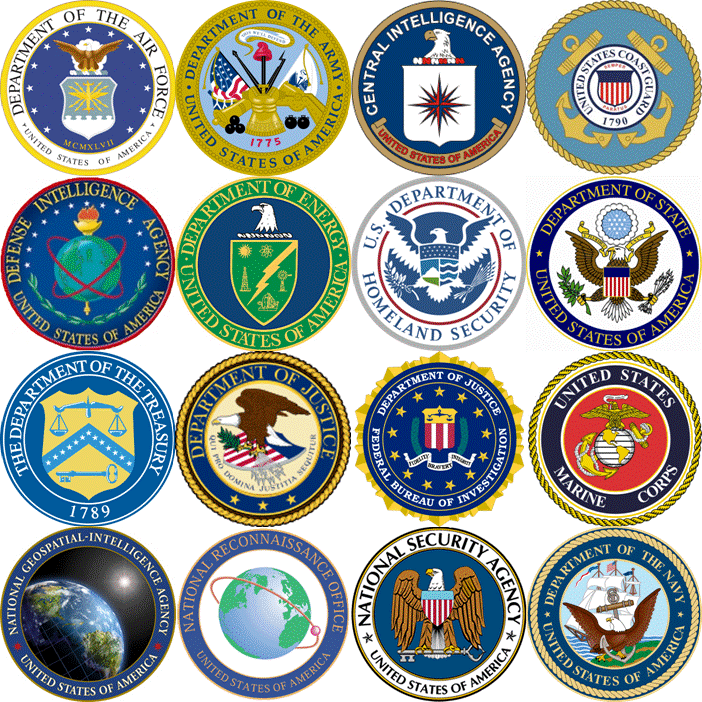The Hidden Moral Injury of Intelligence Professionals
It's Time for Real Talk
In recent years, much of the discussion around moral injury focuses on combat veterans who return home with emotional and psychological scars after war—like Lt. Col. Will Selber (AKA Will/GCV), who highlights the deep psychological damage of watching the U.S. military retreat from Afghanistan and subsequent abandonment of our military allies.
The U.S. Department of Veterans Affairs defines moral injury as "a psychological, behavioral, social, and sometimes spiritual aftermath in response to acting or witnessing behaviors that go against a person’s values and moral beliefs." It states that most research on moral injury has been conducted in the context of war and combat.
At my last duty station, I learned about an initiative to train intelligence professionals on moral injury prevention. By then, I had spent years working as a language analyst. Moral injury was something I had never heard of, let alone considered relevant to my career. Yet, after volunteering to help with the project and attending a few sessions, I began to understand how moral injury could manifest in our profession.
A RAND study revealed that the Intelligence Community (IC) is exposed to complex traumas: maintaining strict personal-professional boundaries to protect classified information, enduring shift work with odd hours, and often encountering violent and distressing materials with little direct autonomy or influence over the outcomes. Unlike combat veterans, intelligence professionals are frequently far removed from the immediate events they analyze—acting as policy advisors rather than policymakers. Yet, their work still carries psychological burdens.
The training sessions I attended highlighted how these constant stressors can lead to moral injury. For intelligence professionals, it’s often the repeated exposure to the unseen costs of war—civilian casualties, ethical dilemmas, or the inability to act in line with personal or professional values—that creates trauma. Unlike combat veterans, intelligence personnel may never experience a “tangible” result of their actions but still feel complicit in decisions that lead to harm.
For instance, an analyst who reports on atrocities or assesses intelligence that may be used in kinetic action can feel morally compromised, even if their role is purely informational. The inability to reconcile one’s role with personal values can lead to a profound sense of disconnection, guilt, or failure.
Like the military, the IC must begin acknowledging the risks of moral injury for its personnel. Lowering barriers to care—such as the stigma surrounding mental health, the pressure of secrecy, and the fear of career repercussions—is essential. Research highlights that moral injury in intelligence can create long-term psychological impacts if not addressed.
Training programs and open discussions about moral injury are a start. By recognizing intelligence professionals' unique challenges, we can better understand how moral injury manifests in these roles and develop solutions that allow them to process their experiences in a supportive environment.
Moral injury is not exclusive to combat veterans. Just as Lt. Col. Selber speaks about combat deployments, intelligence professionals face their hidden battles of conscience. It’s time we widen the conversation about moral injury to include all who serve and protect, both in uniform and behind the scenes.
By acknowledging and supporting all intelligence professionals' mental and emotional well-being, we can better prepare them to handle the ethical dilemmas they face and foster a more resilient, compassionate community.
TSgt Emalee Mahr is a former intelligence professional who helped support intelligence-led operations across the globe.





Excellent article. As a civilian who suffers extensive ptsd, I have learned so much from Will, Kate and now you about "Moral Injury" and how it affects us. Thank you for your good work. ❤️🇺🇸💙
Great article, the untold impacts of moral injury continue to compound. Efforts to better instill awareness and resilience in our Airmen (soldiers,sailors,marines,guardians) is critical!